Importance of Maritime diplomacy: Explained from an Indian Standpoint
Fri, 16 Dec 2022 | Reading Time: 4 minutes
Diplomacy is usually seen as the presence of a structured communication system between two or more countries. The strength of a diplomatic dialogue comes from various factors like economic structure, geographical location, resource endowment to name a few. India is an unique nation with all the above 3 factors working in India’s factor, India’s GDP at real prices is almost $3 trillion & considering the Morgan Stanley’s recent reports it seems very optimistic that India will be among the top 3 economies of the world in the coming few years. It also means that the diplomatic leverage that India enjoys in the present day will also rise exponentially, a direct relation can be formed between diplomatic heft & economy of a country.
In 1963 India’s GDP was around $42.16 billion which gave India much less leverage in the diplomatic world which is clear with the strained relations India had with most of its Asian countries, fast forward to 1991, India under the leadership of PVN Rao started the economic liberalization, globalization which helped India to establish friendly relations with many of the ASEAN nations. The resource endowment & the geographical location of a country is also extremely important, if a country is located in middle of trade routes, then it’s possible for the country to attract a lot of interest from multiple geopolitical players in the world, a good example of this can be the classic case of the Middle eastern countries & a few European countries. The resource endowment in the country is self-explanatory, for example: Qatar is protected by the USA mainly for the strategic location & the oil reserves it enjoys. A country maps those sectors which can give it a clear leverage of all the 3 main factors i.e. geographical location, resources endowment & economic leverage, for example: The Russian Federation invests heavily in the natural gas sector due to the above 3 reasons, the geographical location of the nation(near to Europe which needs gas), the economic strength, it won’t be completely wrong to say the position of diplomatic leverage the Russian Federation is enjoying over many european nations is due to the natural gas sector.
Now coming to India, there are many sectors that can play the role of providing India diplomatic leverage in the international relations forum, however, one sector which has been under stressed upon has been the maritime sector, with almost 80% of the world trade happening through the maritime routes along with seas being the cheapest mode of transportation, it’s clear that for the next many years the domination of the maritime sector in the trade sector will continue. The second importance why India can focus on maritime sector is due to the length of India’s coastline which is almost of 7516 kms which passes through 10 states, along with a very strong fishermen community of 4 million people according to the Census of 2011 in addition to a strong network of Indian shipbuilding companies with the state of Gujarat being the leader in this segment, the islands of Andaman Nicobar-Lakshadweep are also strategically important for the development of blue economy in the country, India has 12 major ports & more than 100 small ports which drive India’s international trade. The development of blue economy is also important as oceans hide many resources within itself which can be sustainably used for the development of a nation’s economy & hence giving it more diplomatic leverage in the world.
The concept of blue economy was first time given by Gunter Pauli in his 2010 book, titled as The Blue Economy: 10 years, 100 innovations & 100 million boys. The importance of maritime diplomacy can be understood from the influence of Australia has on the Oceanic countries like Tuvalu, Fiji Islands etc., which has also made it as a member of the QUAD bloc.
There are 3 major types of maritime diplomacy: cooperative maritime diplomacy, persuasive maritime diplomacy, coercive maritime diplomacy. Coercive maritime diplomacy implies that the nation directly looks at war as an option. Persuasive maritime diplomacy implies creating an artificial pressure either externally or internally, in military circles this technique is called as defensive offence. cooperative means economic cooperation, defense cooperation to just name a few.
The blue economy of India contribution is under 4%, whereas countries with a much smaller coastline like New Zealand has a blue economy contributing almost to 5% of the GDP.
To the government of India’s credit, it has started recognizing the importance of blue economy & maritime diplomacy in the last 7-8 years with policies like SAGAR which stands for Security and Growth for All in the Region which was proposed for the first time by PM Narendra Modi in 2015, many experts refer to SAGAR as India’s focal point towards the maritime diplomacy. SAGAR policy can be considered as a success as it has strengthened India’s relations with many island countries like Maldives, Madagascar etc. in the recent years.
The second policy has been the growth of Indian Navy which is one of the largest naval forces in the world with Indians lovingly calling it as the Ocean of Opportunities, the contribution of RIN in the independence struggle of 1946 can’t be forgotten by Indians.
The third policy of Indian government is the Deep Ocean Mission which has been allocated Rs.650 crore, the SAGARMALA project which is seeking to develop smart ports & integration of modern technologies. The National fisheries policy, Indian Maritime University, Gujarat Maritime University are also remarkable progress made by India in the last few years in the field of maritime diplomacy. The strengthening of blue economy components will give India a diplomatic leverage in the world which is sustainable for a very long period of time as it will be akin to controlling a major part of the trade.
The Government of India should seek to integrate regional forums like with the scope of maritime diplomacy at the same following the Big Push Theory given by Rosenstein Rodan to ensure that private investments in the maritime sector help India to optimise its geographic location efficiently.
Disclaimer
The opinions expressed in this article are the author’s own and do not reflect the views of Chanakya Forum. All information provided in this article including timeliness, completeness, accuracy, suitability or validity of information referenced therein, is the sole responsibility of the author. www.chanakyaforum.com does not assume any responsibility for the same.
Chanakya Forum is now on . Click here to join our channel (@ChanakyaForum) and stay updated with the latest headlines and articles.
Important
We work round the clock to bring you the finest articles and updates from around the world. There is a team that works tirelessly to ensure that you have a seamless reading experience. But all this costs money. Please support us so that we keep doing what we do best. Happy Reading
Support Us




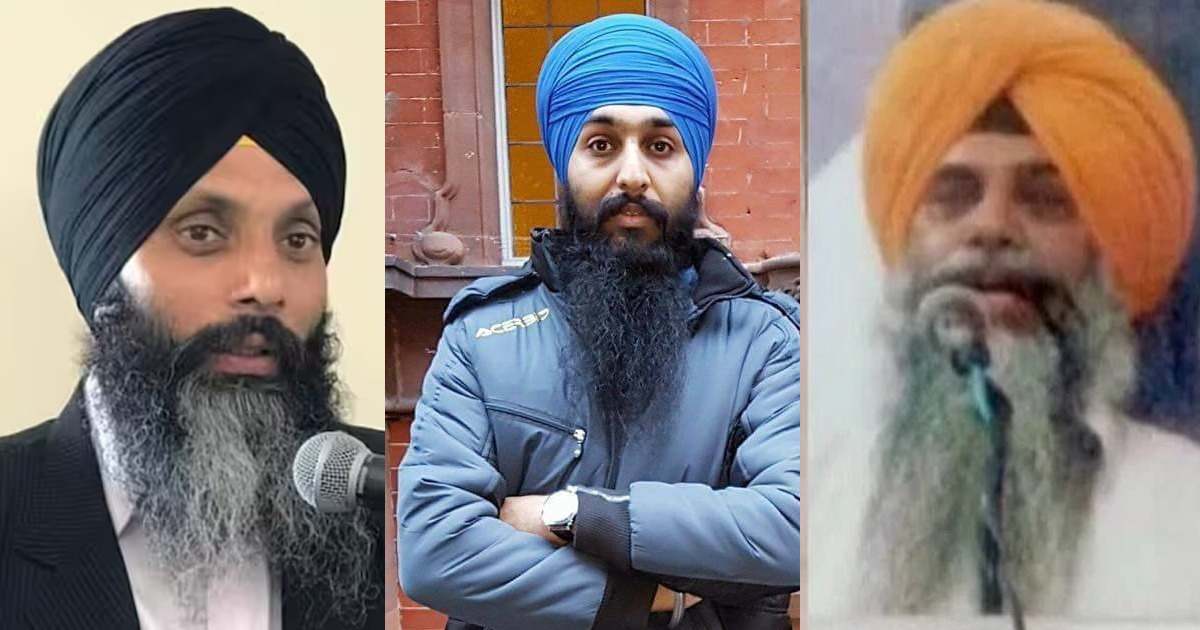
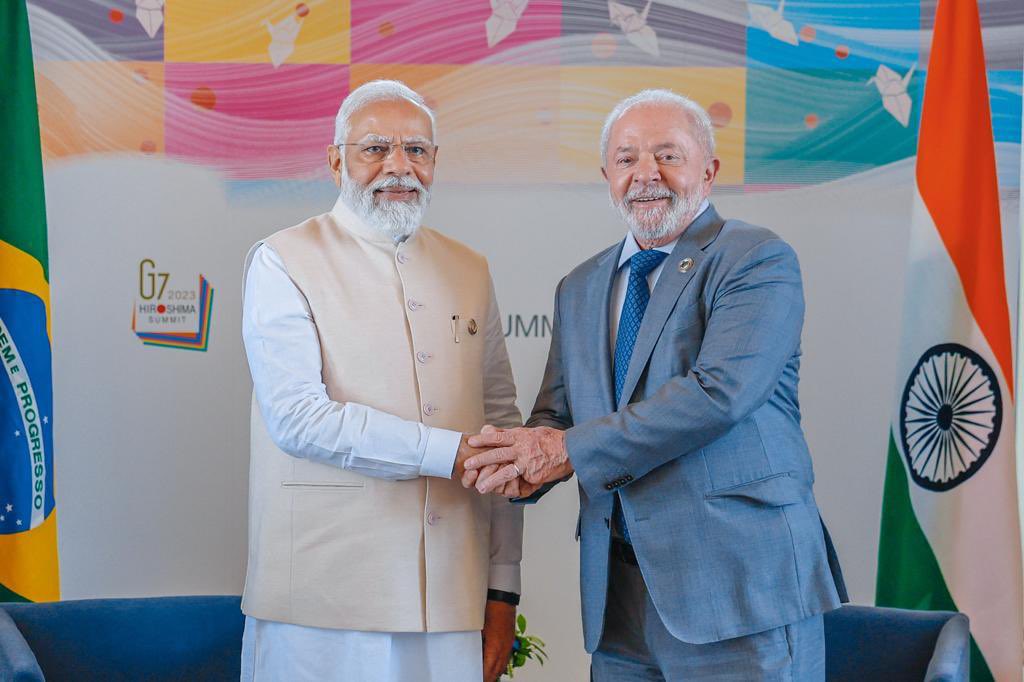

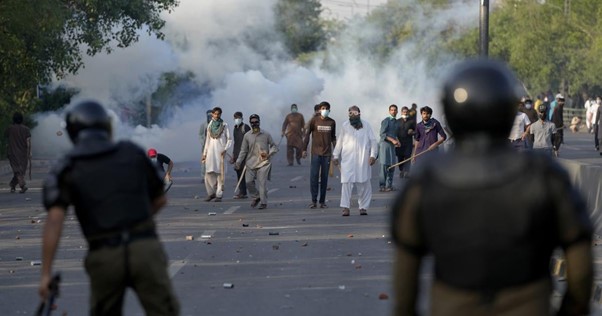

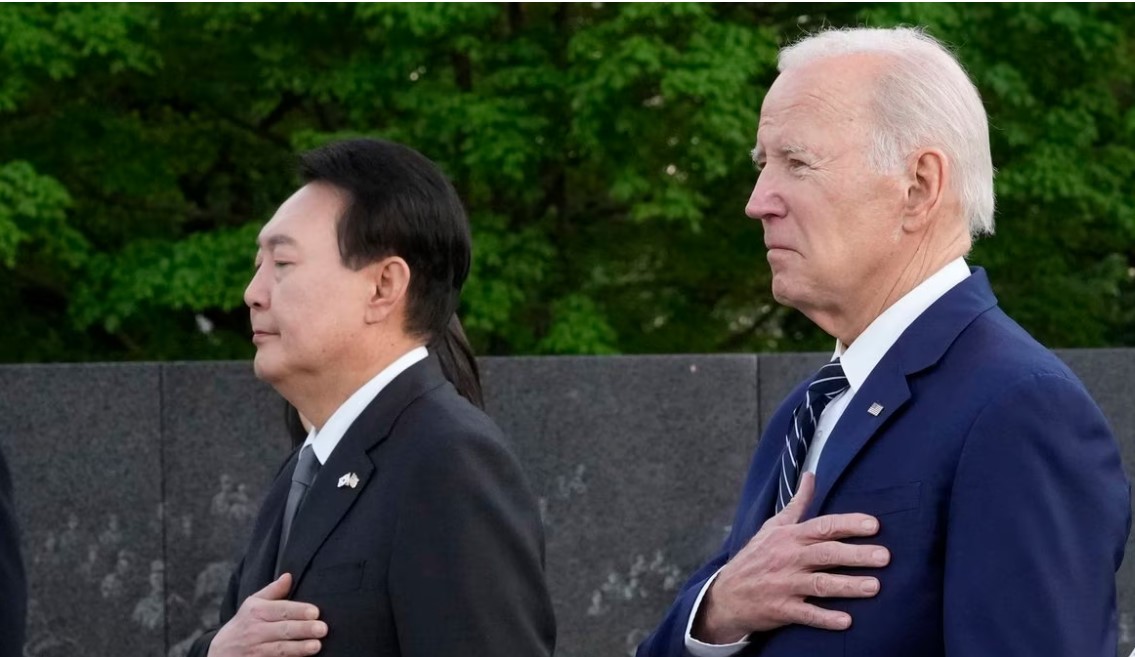

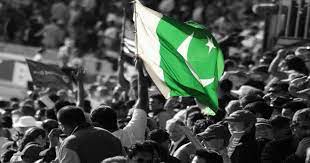
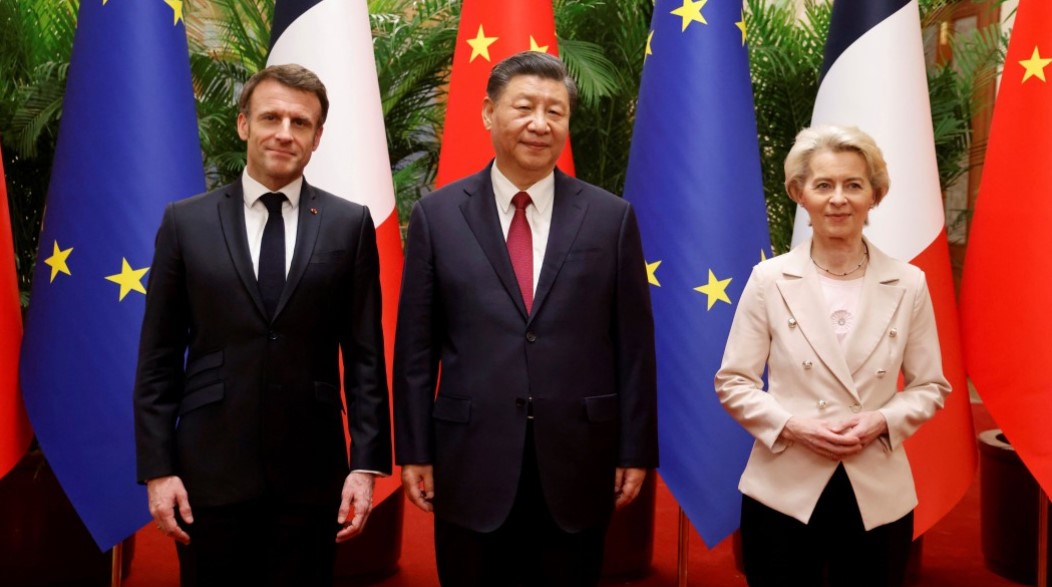







POST COMMENTS (0)